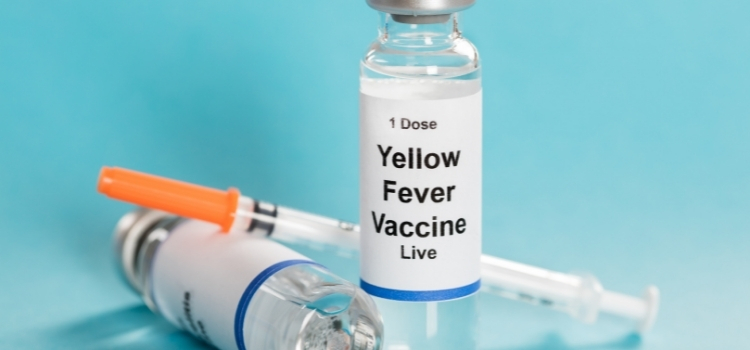A yellow fever vaccination certificate is not required to enter Ethiopia unless you are coming from an endemic area. However, please note that Ethiopia is listed in the endemic zone for yellow fever so travellers arriving from non-endemic areas are recommended to get the vaccine. It is also advisable to be immunised for Hepatitis A and B, Typhoid and Polio.
Malaria is a health issue for many Ethiopians, especially for those living in lowland areas. However, Malaria is not a problem in highlands (above 1,600 meters above sea level), including Addis Ababa, Lalibela, Axum, Mekele, Gondar and Harar. Some popular destinations such as Awassa, Bahir Dar and Lake Tana’s surroundings can pose a risk for Malaria especially at the end of the rainy season (October-November). Consequently, it is highly advisable to bring mosquito repellent and discuss anti-malarial tablets with your health professional before you travel.
It is highly recommended to purchase health insurance for the duration of your stay in Ethiopia. In addition, a first aid pack is essential and it should include: antihistamine, antiseptic cream for insect bites, plasters, high SPF sunscreen, anti-diarrhea medication and oral rehydration salts in case of severe dehydration. It is also advisable to have sun scream to protect your skin get sunburnt because UV strength across Ethiopia is high.

